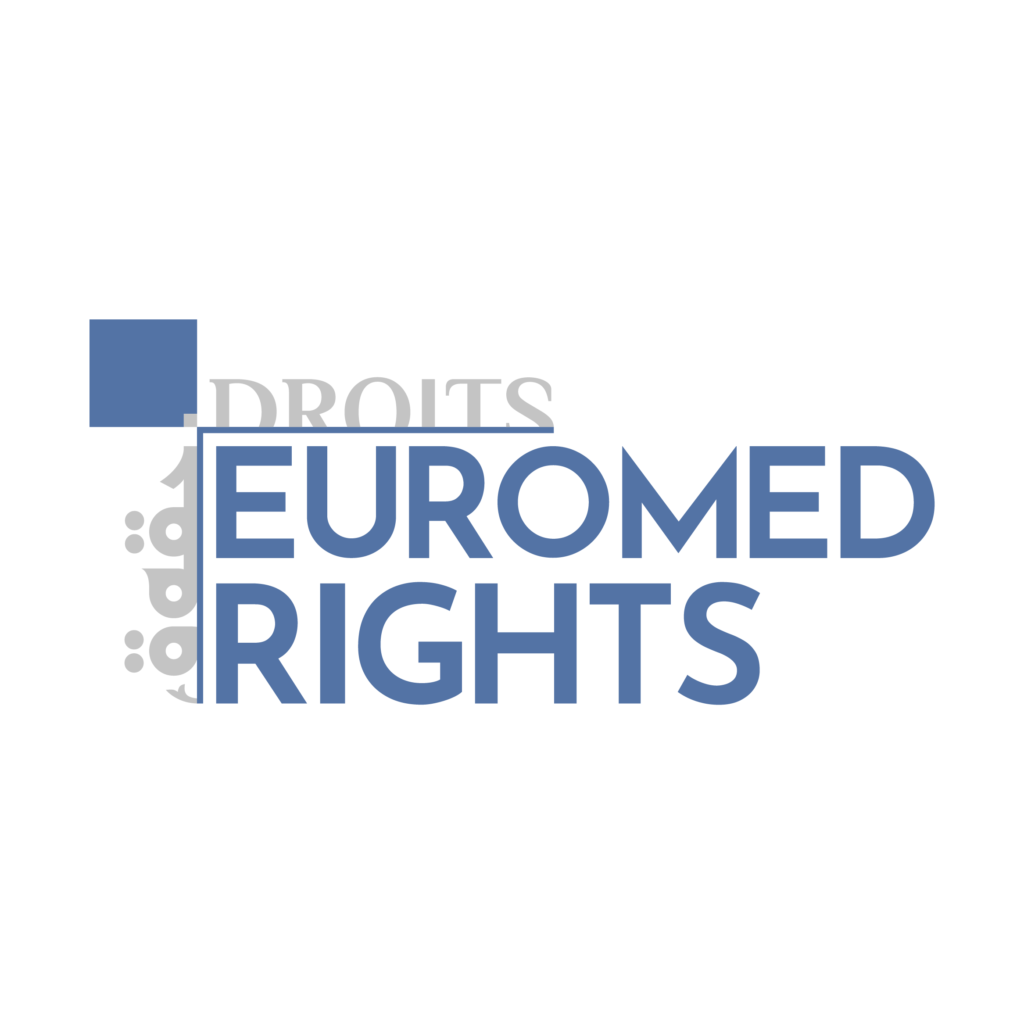As Turkey prepares to hold critical elections next 14 May 2023, EuroMed Rights once again calls for the Turkish authorities to ensure a free and fair electoral process and respect the independence of media and the judiciary.
The elections to be held in Turkey on 14 May 2023 will be determining for the future direction of the country. The outcome will have implications for democracy, rule of law, and fundamental rights and freedoms. But there are concerns about the fairness and transparency of the electoral process. And recent developments in Turkey increase these concerns.
Likewise, the Turkish authorities’ systematic failure to respond to complaints by the European Court of Human Rights and other international mechanisms evidences gives little hope of redress for human rights violations unless there is a different outcome in this election. EuroMed Rights expresses deep concerns on the situation and calls upon the authorities to ensure that election day is and should be free, fair and genuine.
An unacceptable interference in the electoral process
In recent years, the country has experienced a crackdown on opposition voices and critical media outlets, with journalists, academics, and activists facing imprisonment and other forms of intimidation. The ruling AKP party has used its power to stifle peaceful dissent and limit free speech, raising concerns about the fairness and transparency of the upcoming elections. In the last weeks, we witnessed several operations against opposition groups, journalists, lawyers and civil actors. The operations are another instance of excessive use of terrorism-related legislation against the opposition and independent NGOs. The detention of more than 100 people, including human rights defenders, lawyers, journalists, political party executives and political activists is an unacceptable interference in the democratic electoral process and the security of the elections. These arbitrary arrests are yet another indicator of the authorities’ unwillingness to fulfil their international human rights obligations and respect the right to non-discrimination, freedom of thought and expression, freedom of peaceful assembly and association, the right to liberty and security, the right to effective remedies and the right to information so that civil society organisations and all citizens can freely participate in the electoral process without fear of retaliation.
Efforts to silence critical voices
The ruling AKP and MHP parties intend to increase the tension and target women, LGBTIQ+ communities, Kurds, civil society organisations, journalists, and lawyers. These parties have been criticised for their attitudes towards women and LGBTIQ+ communities. Both parties have been accused of promoting conservative values that are seen as discriminatory towards these groups. They have been criticised for their opposition to the Istanbul Convention, which is a European treaty aimed at preventing and combating violence against women. The AKP has been accused of failing to address gender inequality and failing to protect women from domestic violence.
Similarly, both parties have taken a hardline stance against LGBTIQ+ rights, with the AKP government enacting policies that have been described as homophobic and transphobic. The government has also been accused of targeting LGBTIQ+ individuals through discriminatory practices, such as the cancellation of pride parades and arrests of individuals who identify as such. Towards the elections, AKP in particular is using LGBTIQ+ rights as the root cause of anything negative in the country and attempts to criminalise them. Overall, the attitudes of both parties towards women and LGBTQI+ communities have been a source of concern for human rights groups, and there are calls for greater protection and support for these marginalised groups in Turkey.
Human Rights Defenders (HRDs) in Turkey also face a challenging situation due to the government’s pressure on civil society. HRDs who criticise the government or speak out on behalf of marginalised and oppressed groups are particularly subjected to judicial harassment, which includes arrests, trials, and imprisonment. The government uses counter-terrorism laws and other repressive legislation to silence HRDs and restrict their activities, including their ability to hold peaceful protests or gather in public spaces. Judicial harassment has also resulted in the closure of many human rights organisations. The situation of HRDs in Turkey is a cause for concern, and the international community must continue to pressure the government to respect human rights and stop the persecution of those who defend them. In this respect, EuroMed Rights is also closely monitoring the situation of HRDs in Turkey with a specific focus on trial observations. Over the last 12 months, EuroMed Rights observed more than 50 hearings of 20 court cases launched against HRDs or critical voices in Turkey.
Authorities must ensure electoral security
Another major issue facing Turkey ahead of the general elections is election security. The country has a long history of alleged electoral fraud and irregularities, and concerns are mounting that the upcoming elections could be damaged by similar issues. There are concerns about the integrity of the voter registration process, the fairness of campaigning, and the transparency of vote counting. These concerns have been amplified by recent reports of violence and intimidation against opposition candidates, which have raised fears of voter suppression and interference. As a result, many observers are calling for increased transparency and oversight in the electoral process to ensure that the upcoming elections are free and fair.
The security and independence of elections are crucial for ensuring democratic governance and protecting the rights of citizens. Therefore, it is important for the government to take steps to address these concerns, such as ensuring the impartiality of the judiciary and ensuring that the High Election Council operates in a transparent and non-partisan manner. Furthermore, it is crucial for the international community to continue to monitor the situation in Turkey and to speak out against any violations of democratic principles and human rights.
Under these circumstances EuroMed Rights reminds the authorities of their international commitments to ensure safe and democratic elections and call on them to comply with human rights standards for elections.

